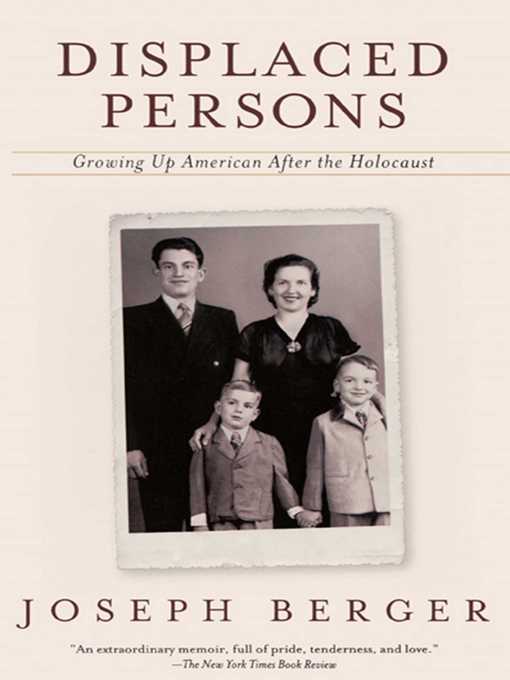
Displaced Persons
Growing Up American After the Holocaust
- اطلاعات
- نقد و بررسی
- دیدگاه کاربران
نقد و بررسی

February 26, 2001
In Proustian fashion, this memoir begins with a flood of memories triggered by a seeded roll, a staple of Manhattan bakeries that was an early childhood treat for the author, who, along with his parents and brother, was a Polish-Jewish refugee living on New York's Upper West Side in the 1940s. From the smell and taste of fresh-baked bread, Berger, deputy education editor at the New York Times
and author of The Young Scientists, tumbles headfirst into a tale about survival in a new country that was dangerous and mysterious as much as it was a haven of safety. Written in simple, elegant prose, the book largely focuses on Berger's parents' lives (particularly before the war). His father, whose Yiddish gave the family vital access to the city's Jewish community even though the author viewed it as "the mark of a conversational cripple," is a quiet man who could be moved to violence when necessary to protect his family. His mother conveys to her children the complex tapestry of their European heritage. Both come alive in this vivid narrative, softened by a reflective somberness that is only occasionally tinged by nostalgia. Berger frequently interrupts his own story with shorter anecdotes in the voices of his parents, who tell stories about their families and their childhoods that both enhance and illuminate the primary story. By conjuring a complexly interwoven familial history that takes the reader across the boundaries of time, Berger lays the foundation for his thoughts about the larger immigrant experience. Agent, Joel Fishman.




دیدگاه کاربران